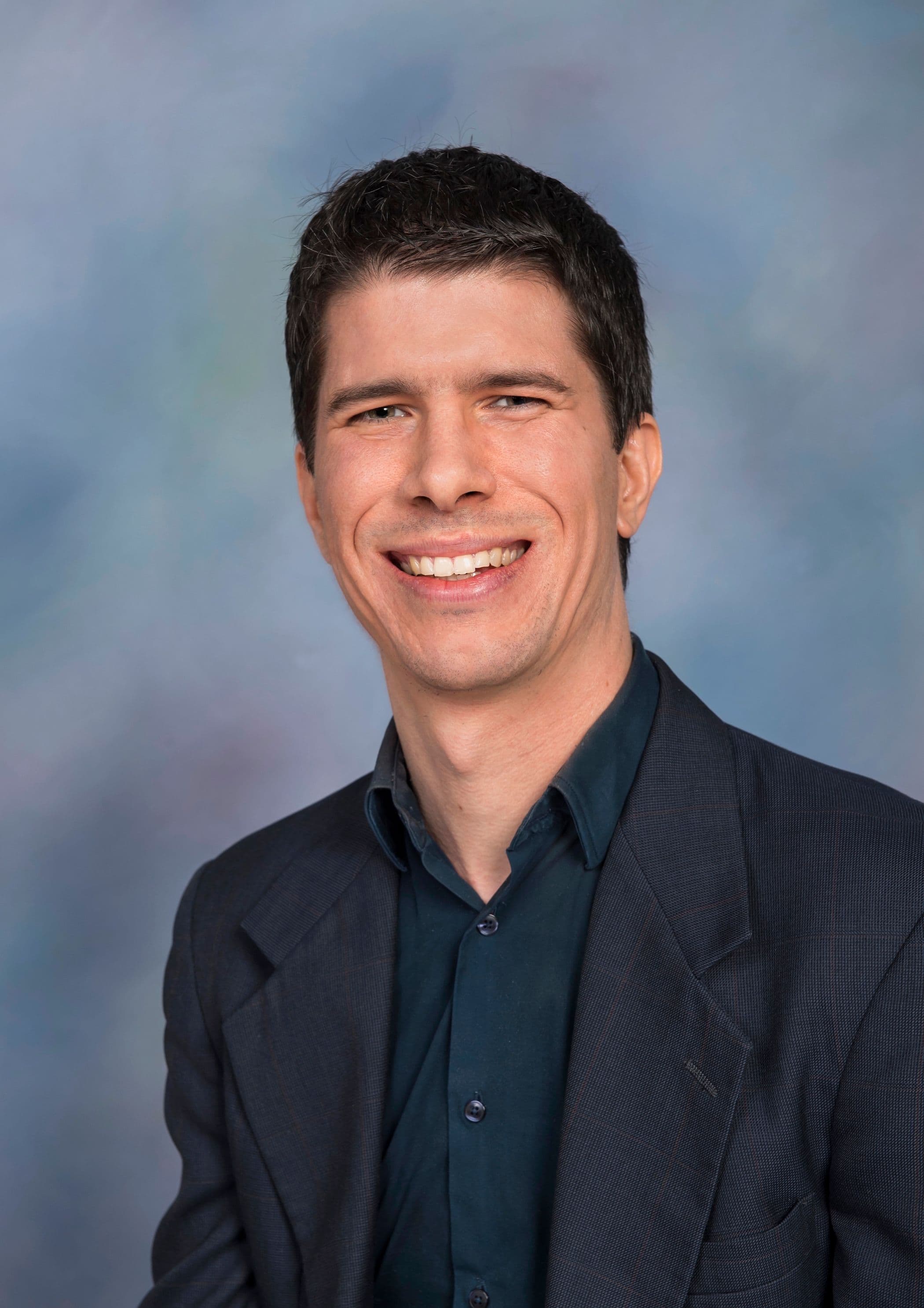Rice Global Paris Summer Program | 2026 Course Listing
PSYC 354 Introduction to Social and
Affective Neuroscience
SESSION 3 | Monday, July 6 - Friday, July 24, 2026
Instructor: Bryan Denny
Paris Summer Session 3
Monday, July 6 - Friday, July 24
| Move-in July 5 | Move-out July 25
(Summer 2026)
ENROLLMENT UPDATE (1/15/26): This course is FILLING FAST. Limited seats are available and will be granted in the order applications are received.
Course Description
Paris has been central to significant psychology, psychiatry, and neuroscience research, including work by Jean Talairach on brain mapping. The goal of this course is to provide an overview of social and affective neuroscience research, including examination of the neurobiological mechanisms supporting social cognition, inter-personal processes, emotion and motivation, and emotion regulation. These topics will be examined in both healthy and affectively-disordered populations, with links made to the fields of health psychology and clinical neuroscience.
Students will visit a neuroscience lab at the Sorbonne, tour the Museum of Psychiatry and Neuroscience, and learn about music-based neuroscience that includes a jazz night in Paris, highlighting the city’s cultural and scientific richness.
Does this course have prerequisites?
No
Credit Hours
This course is 3 Rice credit hours.
Does this course fulfill a Distribution Requirement?
Yes, students will receive D2 credit for this course.
Application Deadline
Priority Deadline: December 10, 2025
Final Application Deadline: February 1, 2026
For details on these two deadlines, please navigate to the Application Timeline section of the Program Information & FAQs page.
Questions?
For questions regarding the course content, please contact the course instructor (see below).
For questions regarding the program (budget, application process, financial aid, global awards), first read through the Rice Global Paris Summer Program Information and FAQs page on our website. If you cannot find the answer to your question, email us at globalowls@rice.edu.

Bryan Denny, Department of Psychological Sciences
Dr. Bryan Denny is an Associate Professor in the Dept. of Psychological Sciences at Rice University and Director of the Translational Social Cognitive and Affective Neuroscience (T-SCAN) Lab. Dr. Denny has had a longstanding interest in seeking to understand the psychological and neurobiological mechanisms that underlie successful and unsuccessful emotion regulation across a spectrum of healthy and clinical populations. Further, he is interested in utilizing the results of basic investigations into these processes in order to design and examine novel interventions focused on improving real-world emotion regulation outcomes in a variety of contexts. Outside the lab and teaching, he enjoys traveling (including many times before to Paris - can't wait to show you the City of Light!), éclairs au chocolat, sushi, playing drums, and karaoke.